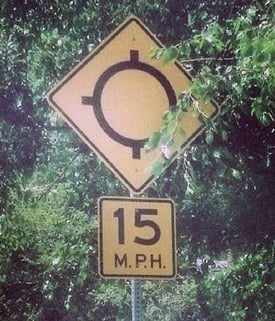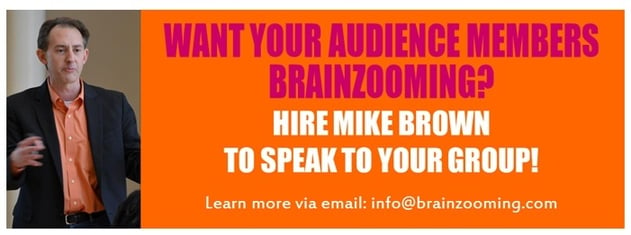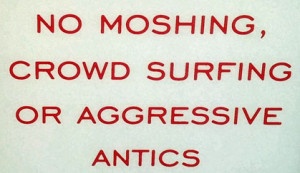During a staff meeting call back in the corporate days, a team member whose responsibilities included answering questions for internal clients, recounted how she had received a question from a VP. She proudly reported answering the question in about 45 minutes by giving him a big list of information, and how pleased the VP was with the quick reply.
I questioned her strategic thinking in this situation and challenged her quick response as the wrong thing to do.
Yes, she provided a more targeted pile of information for the VP to locate the answer himself. But, by emphasizing speed, she missed the opportunity to provide even more value. What she gave him was a bunch of useless information to wade through to find the answer he needed, which was maybe 1% of what she gave him.
I asked her whether she might have provided greater value if she had told him it would take a day or two to answer the question. She'd then have the time to cull through the information, identify the EXACT answer the VP needed, and deliver the precise answer to him with a slight, but completely acceptable, delay.
My contention was a day LATER with a specific answer would be of tremendously more value (and the potential for greater accuracy), than a quick, but not precise answer. I couldn’t convince her with my strategic thinking, however, that anything could be more important than fast.
In a world where we celebrate FAST as a nearly universal value driver, it's easy to miss the fact that sometimes, something else entirely would provide greater value for a client.
13 Reasons to Not Answer Too Fast
A comparable situation came up in conversation the other day. It prompted this list of times when it's better to be SLOWER than FASTER in answering a question:
- You could be answering the wrong question right away
- The other person may be not be ready for the answer yet
- You may need to share more information (over a longer time) to let the other person see how you got the answer
- You could be setting unreasonable expectations for the future by answering too fast
- Answering too fast is inconsistent with your brand promise or the brand experience
- It will compromise your service to other customers
- It could remove the motivation for the customer to work with you to provide them the best service over time
- They may find the answer suspect if you produce it too quickly
- They may find less value in the answer if it appears like it was an off the shelf answer
- They may discount the expertise and insight that it takes to produce the answer when it is delivered too quickly
- While you may want to answer fast and move on, the client may really need more time and more of your expertise
- You miss out on the opportunity to test and adjust the answer based on the perspective of others
- You're foregoing the opportunity to take more time and deliver disproportionately more value in the ultimate answer
Strategic Thinking on Answering Questions
What do you think? Would it make more sense and result in greater value if you slowed down when answering questions? – Mike Brown





